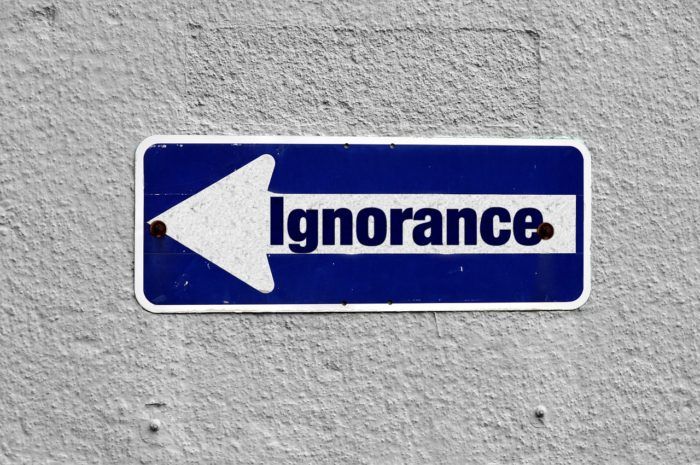Living with any chronic illness can be isolating at times. Not just because it can limit your work and social life, but mostly because you are likely to be the only one you know suffering with your daily problems. There are many problems and barriers in life which are all difficult to overcome, and can certainly give plenty of stress and dismay. Whether it’s losing your job, the break up of a relationship, or the loss of someone close. These have an enormous impact on you life at that time, but these are common hardships, and you’ll be hard pushed to find anyone you know that hasn’t been through at least one of these at some point. Talking about these with friends and family certainly help you move on, and help improve your relationship with that person.
So what do you do when no one has suffered the same problem? Or every likely too? What do you do when the problem you have is never going to go away? Anyone living with chronic illness knows these questions very well, and unfortunately they may also **still **be trying to find the answers.
Who should understand?
How do you make people understand what you’re going through?
Will they ever understand?
Unfortunately I don’t think there are any definitive answers to any of these questions, but I’m sure we can come up with some answers together.
In order to understand something you need to firstly have a basic knowledge of the subject. This might seem easy to fix, no? I mean there are hundreds of different resources out there for people to learn about your condition. Take mine for instance, Ankylosing Spondylitis (AS). My two first ports of call are the National Ankylosing Spondylitis Society (NASS), and the NHS websites. Two places where you could find just about everything you need to know about AS. There is also the Spondylitis Association of America for those of you across the pond. Forums, and support groups on social media sites also have a wealth of knowledge that is shared freely to all those that need it. Coupled with the things only an AS patient can tell you. Apart from digital content there are also local face-to-face support groups and meetings, and exercise sessions available for those that wish to attend.
So it sounds like there is a lot of information and support out there right? Well not exactly. Firstly whoever you are trying to educate to understand your problem needs to want to learn and help. Secondly they may not know exactly where they need to look for help. That’s where we come in. Raising awareness is something that we naturally do, whether we are actively are trying to do so or not. Just by interacting with other they will passively understand you and your condition more, regardless of whether that is your aim or not. Raising awareness seems like an uphill struggle, we are never going to get to the point where everyone knows about your condition/s.
Let me put this to you though, think back to when you last told someone about your struggles, think back to when they started to understand what you go through. Now think to how you felt when they understood how you were feeling, and understood why you can’t do a particular task. How amazing did it feel when they started to understand? I can remember very vividly, knowing I had an ally, and that I didn’t have to struggle alone was so enlightening. No one is ever going to completely understand you and your challenges in life, even someone with the same condition. We are all individuals with our own circumstances. Having just a little understanding goes along way though doesn’t it?
The obvious people you want to understand are your family, and friends. The people that are there day in day out, but because they are there daily then they will over time understand. If only by some form of natural osmosis. Who else should understand? Personally I feel my work colleagues are a good place to start spreading the word. I spent 40 hours (plus) a week there, which is a substantial amount of time. Doing my fun run to raise money for NASS was definitely a good way to increase exposure with my work colleagues. Probably the most important person to make understand your problems is your Doctor. Sure they have the knowledge, but as I mentioned earlier we are all individuals with individual needs, which is the hardest thing for to help them understand.
Ultimately I think it’s our responsibility as the patient to help people understand, not only for our personal benefits but for the greater good. It would be unfair to put the onus on others, blame them for being short-sighted, or complacent. If they have never come across your problems before then how could they possibly understand. Together hopefully we will come up with some answers. So I put these questions to you.
How do you help people understand? What’s most effective for you? Lastly, what advise would you give to someone newly diagnosed, to help get the understanding and support the need?
“Life is the first gift, love is the second, and understanding the third” – Marge Piercy
